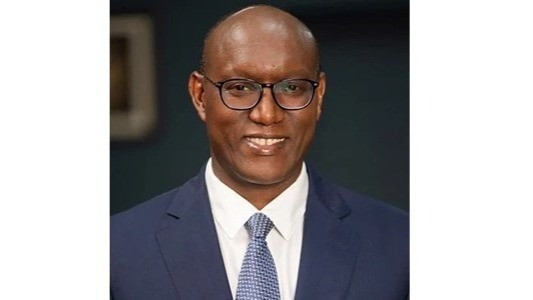
The Insurance and Pensions Commission (Ipec) has raised red flags over rising incidents of unprofessional conduct and weak oversight in pension-funded development projects, warning that millions of dollars are being lost due to misleading progress reports that fail to reflect real on-the-ground developments.
The growing number of underperforming or failed investments has exposed serious governance lapses, corruption, and ineffective oversight by investee companies, prompting calls for urgent reforms.
Pension funds have in recent years diversified into alternative asset classes, including solar energy, residential and commercial real estate, land development, and agriculture.
However, Ipec has warned that many of these ventures are now fraught with significant development risks.
Ipec’s director of pensions and life Cuthbert Munjoma told the Zimbabwe Independent that malpractice is rife, with some stakeholders inflating project costs for personal gain — acts he described as outright corruption.
“The mischiefs we are picking include superficial progress being reported on paper but not tallying with progress on the ground,” he said.
“We have one solar plant where pension funds and the insurance industry have invested over US$30 million since 2018, but progress on the ground does not reflect the investments made.
Such misrepresentation, Munjoma warned, is resulting in failed investments and significant financial prejudice to pension fund members.
- UK based Zimbabwean divorces wife of 33 years over conjugal rights
- New perspectives: Role of private sector in resource mobilisation
- New perspectives: Money laundering red flags in insurance sector
- 3 000 non-resident pensioners owed US$1.5 million, says Ipec
Keep Reading
“There’s also rampant cost inflation in development projects for personal enrichment. This amounts to corruption,” he said.
“Poor governance and a lack of proper oversight over investee companies must be urgently addressed, starting with securing pension fund representation on the boards of such companies,” Munjoma said.
Ipec has previously raised similar concerns, including last year when it flagged overvaluation of projects and the inclusion of small-scale contributors in prescribed asset portfolios that may not offer adequate returns.
The regulator maintains that asset managers bear primary responsibility for overseeing these investments and emphasises the importance of whistleblowing in monitoring irregularities. However, some critics argue that Ipec lacks both the hard evidence and enforcement capacity to effectively police all corners of the investment landscape.
They also note that independent professionals such as engineers and contractors, who often lead infrastructure development, operate outside the remit of asset management regulations, complicating accountability.
In response, Munjoma urged pension fund boards to step up oversight efforts, insisting on stronger governance frameworks within investee companies.
“Failure to do so will result in misappropriation of funds, failed investments and prejudice to fund members,” he said.
“They should also ensure balance between taking risk of investing in private equity and the return that will accrue.
“The regulator will ensure enhanced supervision of such investments, including site visits on projects that would have been accorded prescribed asset status to verify progress on the ground.”
Munjoma called for the industry to invest in bankable prescribed assets to ensure compliance and to develop project monitoring capacity.











